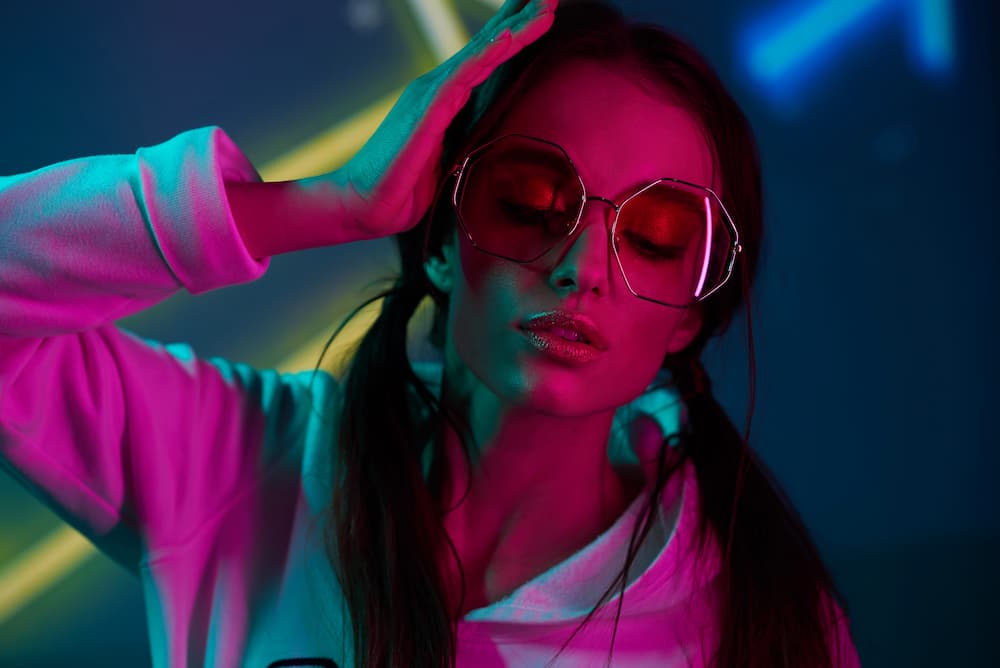Fashion has always been a means of creative expression. As long as there’s been mainstream style, there’s been alternative fashion. Alt fashion has roots dating back to the 1950s when young men rebelled against cultural mandates, rejecting wholesome attire in favor of leather jackets, loose jeans, and slickly styled hair. Since then, every decade has seen its own crop of alt fashion icons, with the subculture peaking in the 90s and early 2000s. Around this time, many alternative fashion brands found their designs and aesthetics were fodder for major couture creations. The line between mainstream and alternative became blurred. Still, alternative clothing brands are a pillar of countercultural movements and serve many individuals in their quest for social acceptance and self-understanding.
Alternative Fashion — Embodying Your Ideal
How can alternative fashion help you better embody your ideal self? You might not think that clothing can be the key to self-realization, but fashion is an important part of how many people create meaning and envision the best version of themselves. Clothes define how people see themselves and how they ideally wish to be seen.
Although fashion is traditionally thought of as a feminine interest, it has helped many men find confidence, intrigue curiosity, and attract romance, which creates meaning in their lives. This is especially true of alternative fashion, which challenges mainstream, socially acceptable aesthetics. If you’ve never felt like you fit in and you find yourself seeking attention and meaningful connection, alt fashion offers a great way to stand out from the crowd and exude authenticity.
Historical and Sociological Perspectives
Alternative fashion has always been historically and sociologically significant, offering insight into cultural — and countercultural — trends. It’s long been associated with the goth, emo, and punk subcultures, indicating an alignment with social and political rebellion that these groups commonly claim. Indeed, alternative fashion itself signifies a refusal to conform to the ideals, aesthetics, and values that are predominate in society. Instead, it prioritizes self-discovery and fearless exploration of individuality.
Changes In Availability
Alt fashion hasn’t always been as readily available as it is today. In fact, for a long time in its early history, it was a hot commodity due to its exclusivity. With few sources available, this led many al fashion fans to resort to DIY methods of making their own creations. This is where many safety-pin and sewn-on patch fads originated. This sense of elusiveness only further contributed to the allure of alt fashion, though, drawing in more people who sought to differentiate their personal style in new and innovative ways.
Alternative Fashion’s Influence on Mainstream Fashion
The first alternative clothing brands cropped up in the 80s and 90s, solidifying a trend that had been building for several decades. Names such as Tripp NYC, Jawbreaker Clothing, and Vans became synonymous with the trends emerging just outside the mainstream. These brands facilitated the commercialization of alt fashion, though, as a previously intangible concept became mass-produced, packaged, and marketed to eager consumers worldwide. This precipitated the prevalence of couture designers such as Vivienne Westwood, Alexander McQueen, and Jean-Paul Gaultier lifting design elements from alternative clothing brands and thus bringing alt fashion into the mainstream.
How Alt Fashion Inspires Self-Growth
Alt fashion is much more than dressing cool. It takes courage to reject the constraints of commercial fashion and dress to please yourself instead of following trends. In this world, it’s important to learn how to live with fearless pride in yourself and not worry about what other people think.
If you’re looking for an easy way to feel positive about yourself and express your originality, consider incorporating modern cyber-punk, industrial, or post-apocalyptic styles into your wardrobe. You don’t have to dress every day like it’s a music festival, but you also don’t have to abide the fashion fads of the mainstream. Define yourself as you see fit. Fashion gives you the freedom to project any identity you choose.
While the identities we fashion and dress ourselves in may only be masks of our true selves, developing a unique social character is a crucial phase of self-development. Just like a caterpillar wraps itself in a cocoon to transform into a butterfly, those who seek to reinvent themselves can use alt fashion as a symbolic representation of their liberation from limiting traditions or beliefs. Self-growth occurs when you live and dress unapologetically, as your true self — regardless of fear of judgement.
Support Artists In Your Community
Are you interested in the intersection of alt fashion and music? Do you seek to improve yourself and achieve enlightenment on a daily basis? If so, Floowood is for you. Based in Phoenix, Arizona but influential around the world, Floowood has quickly become an icon of alternative fashion and musical innovation. As a graduate of USC’s Film School, he has an uncanny eye for aesthetics that is evident in the visuals of his videos, his album designs, and his merchandise. Become a part of the Floowood trend, and learn more about why the Floowood movement is changing the world.
Image Source: Jaroslav Monchak / Shutterstock
